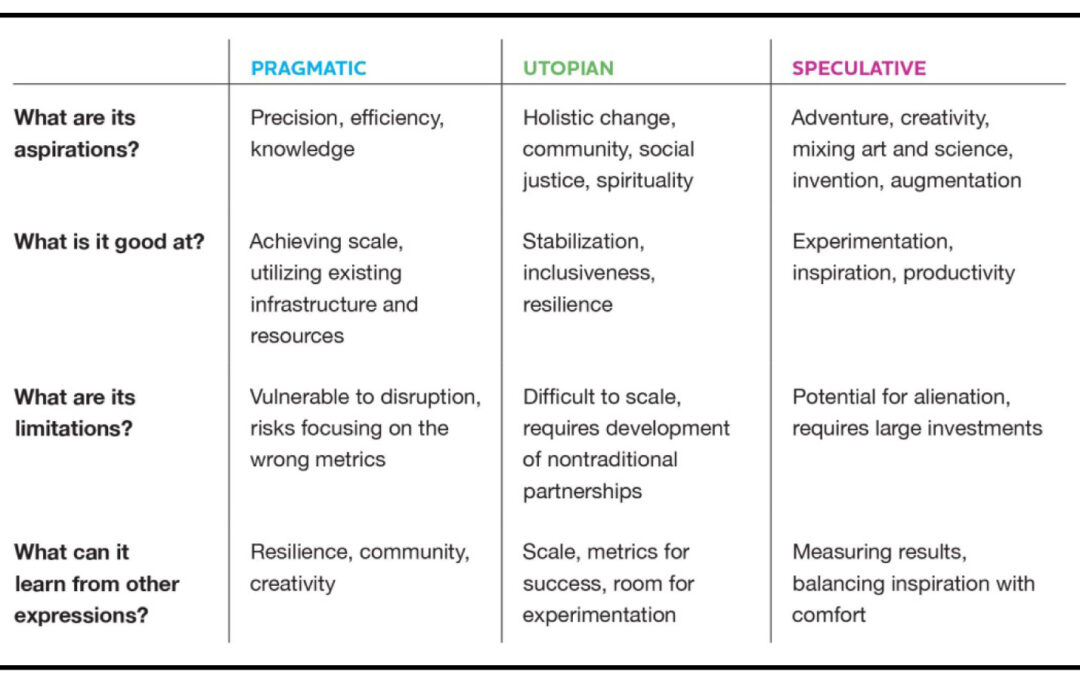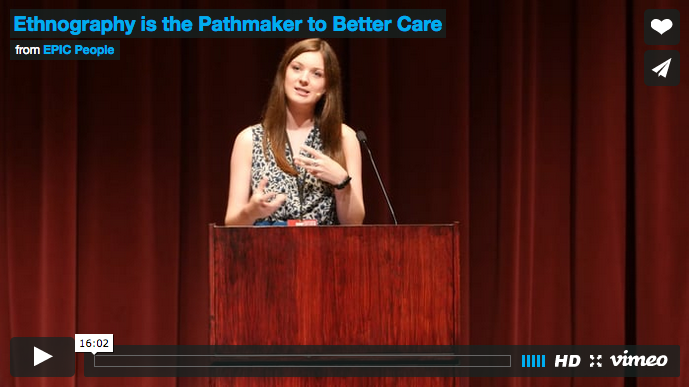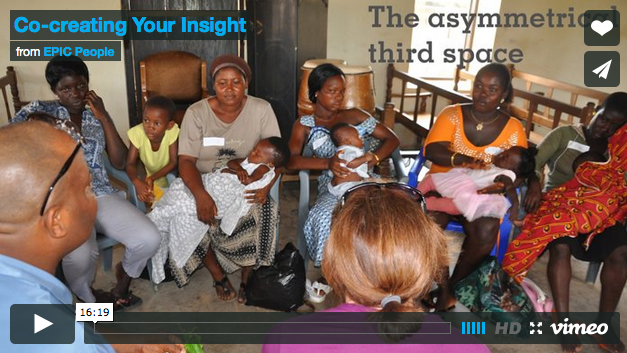In 2012, the Google Innovation Lab for Food Experiences convened a multi-year conversation between corporate food stakeholders, farmers, chefs, food experts, social scientists and business consultants to reimagine the impact of companies on their employees and the food system. Corporate care...










![The Invisible Work of Being a Patient and Implications for Health Care: “[The Doctor Is] My Business Partner in the Most Important Business in My Life, Staying Alive”](https://www.epicpeople.org/wp-content/uploads/2023/08/sam-T2r9oWS-NDQ-unsplash-scaled-e1693362877450-1080x675.jpg)